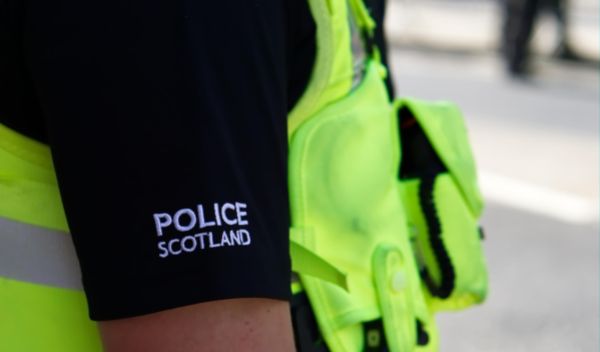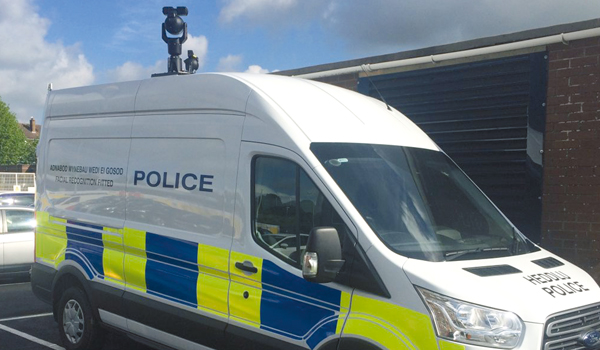Police Scotland finally gives go-ahead for use of ‘cyber kiosks’
Devices that enable officers from Police Scotland to crack passwords on smartphones and pull user data from them for analysis are set to be deployed from January 20, more than two years after they were first purchased.
The force bought 41 digital triage devices – so-called cyber kiosks – and originally intended to deploy them at stations across Scotland from late 2018, before postponing their introduction amid concerns over the legal basis for their use.
The Scottish Police Authority faced criticism from the Scottish Parliament’s Justice Sub-Committee on Policing for a lack of effective scrutiny, while Members of the Scottish Parliament (MSPs) warned Police Scotland had not followed best practice before trialling the devices.
During the trials, officers in Edinburgh and Stirling searched the mobile phones of suspects, witnesses and victims without undertaking the required governance, scrutiny and impact assessments, the committee said.
Police Scotland said the Crown Office and independent senior counsel had now confirmed the legal basis for use of the technology, with implementation starting in the Forth Valley and Fife Divisions.
The roll out will go ahead despite continued criticism from some quarters and the possibility of legal challenges. A statement from the Scottish Police Authority said: “It remains the opinion of some agencies including Scottish Human Rights Commission and Privacy International that the legal basis for device examination is not sufficiently clear, foreseeable or accessible and new legislation is required.
“It is anticipated that representation will be made by agencies and some members of the External Reference Group to the Scottish Parliament, Justice Sub-Committee on Policing requesting a review of the law.”
Police Scotland Deputy Chief Constable Malcolm Graham said the force was confident that existing law supports the use of digital triage devices and that officers were “committed to providing the best possible service to victims and witnesses of crime”.
“This means we must keep pace with society. People of all ages now lead a significant part of their lives online and this is reflected in how we investigate crime and the evidence we present to courts,” he said. “Many online offences disproportionately affect the most vulnerable people in our society, such as children at risk of sexual abuse, and our priority is to protect those people.”
Mr Graham added: “Increases in the involvement of digital devices in investigations and the ever-expanding capabilities of these devices mean that demand on digital forensic examinations is higher than ever. Current limitations, however, mean the devices of victims, witnesses and suspects can be taken for months at a time, even if it later transpires that there is no worthwhile evidence on them. By quickly identifying devices which do and do not contain evidence, we can minimise the intrusion on people’s lives and provide a better service to the public.”
The devices will not be enabled to store data; once an examination is complete all information will be securely deleted.
Police Scotland emphasised that, in the majority of cases, they will be used to retrieve data from phones and laptops belonging to the victims of crime, so they can be returned faster.




